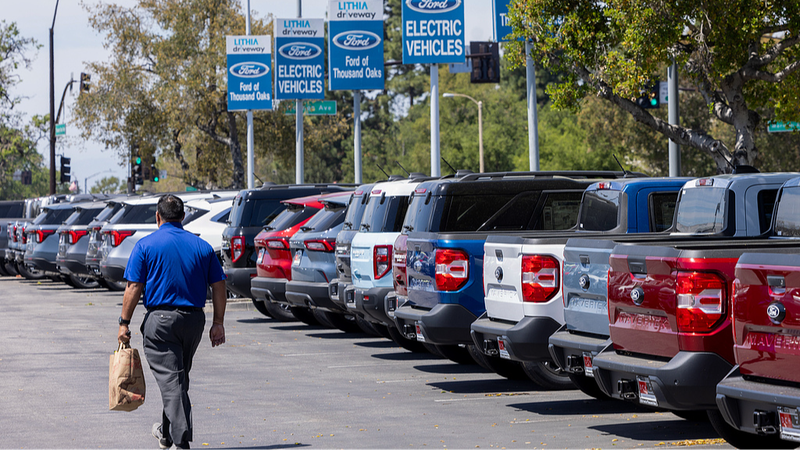Imagine walking onto a showroom floor only to find that your dream ride costs $2,000 more than last year. That sticker shock could become reality for many US car buyers as import duties on key components squeeze automakers’ margins.
Even though vehicles are assembled stateside, about half—some estimates push closer to 60%—of their parts come from overseas. Levies on steel, aluminum and electronics are slashing profits across the industry.
General Motors, the nation's top seller, saw Q2 net income tumble 35%, with tariffs costing $1.1 billion. That pressure adds an estimated $4–5 billion to GM’s annual expenses.
Ford isn’t immune. The blue oval giant faces a $3 billion hit to its 2025 earnings, including $800 million in Q2 alone as suppliers pass a 50% aluminum duty through their pricing. Stellantis, maker of Jeep, Ram and Chrysler, lost $350 million to similar levies.
Consulting firm Anderson Economic Group pegs added costs at $2,000–3,000 per US-built vehicle. So far, automakers are absorbing the pain to avoid alienating buyers—but analysts warn that relief won’t last.
Lenny LaRocca, partner at KPMG, tells The Wall Street Journal that significant price hikes are likely early next year. Cox Automotive goes further, estimating a $5,000 jump on imported models, driving average new-car prices past $50,000 by year’s end.
Mounting losses also threaten reinvestment. Building new domestic factories costs billions and takes years—risky bets amid shifting tariffs. For many suppliers, Bank of America analysts note, paying a 25% tariff remains cheaper than reshoring production.
As automakers navigate this tightrope, the squeeze on margins and potential bump in sticker prices could reshape buying decisions—pushing more consumers toward electric vehicles, alternative markets or even used-car aisles.
In a world of interconnected supply chains, tariff tremors in Detroit can echo far beyond US borders. For young global citizens and business leaders alike, the takeaway is clear: when one link in the chain feels the strain, the whole system moves—and so do we.
Reference(s):
Price hikes on horizon as US tariffs squeeze American automakers
cgtn.com




